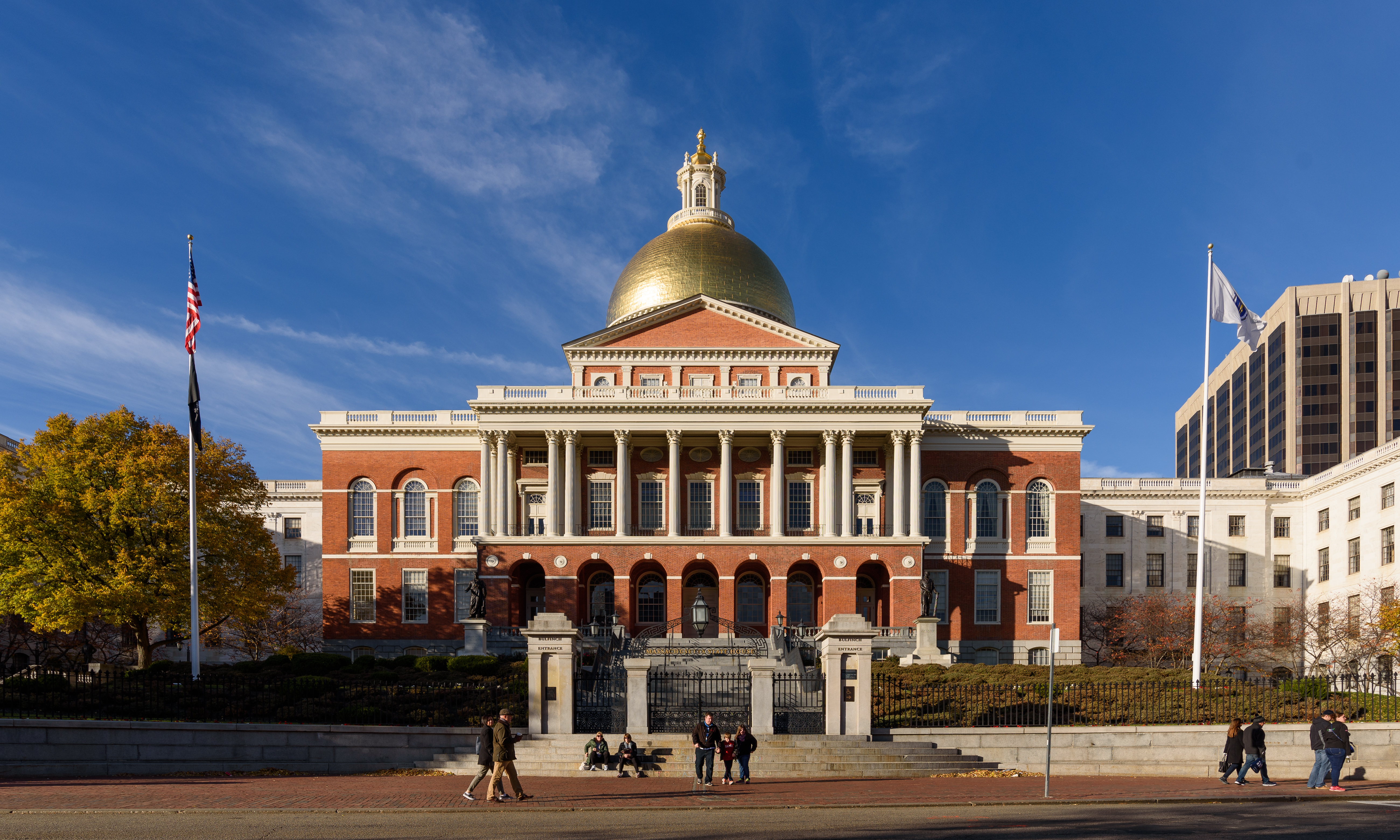Green Homes
For over 15 years, LISC Massachusetts has led energy and healthy housing work with affordable housing owners and grown into a trusted partner and resource for local and state policy makers and regulators. In that time, LISC Massachusetts has helped drive resources to the state’s affordable housing sector, aligned incentives to help owners maximize the energy efficiency of their properties, integrate appropriate clean energy technologies, decrease carbon emissions, and provide residents with a higher quality of life through energy efficiency and healthy housing improvements.
SINCE 2009, LISC MASSACHUSETTS HAS
CURRENT INITIATIVES

The Decarbonization Hub is a consolidated resource for affordable housing owners interested in accessing technical assistance and funding for building decarbonization projects.

Climate Ready Housing is a competitive gap funding program for affordable housing projects that significantly reduce carbon emissions.

LISC, MACDC, and Resonant Energy run this path-breaking program designed to remove barriers and dramatically increase solar PV adoption across Massachusetts.

The Energy Cohort is a peer learning group for affordable housing professionals interested in building decarbonization, climate resiliency, and resident health to network, learn, and share information.

LISC is committed to supporting an equitable, scalable transition to a carbon free future. Our recent policy work has focused on driving adequate resources to the community development field for building decarbonization efforts, as well as incentives and training for Passive House, a high performance energy standard with measurable health benefits.
Resources

Our recent webinar and forum topics include Passive House, climate-ready buildings, and creative financing strategies for high-performance affordable housing.

We've created these toolkits to help affordable housing developers, owners, and property managers make their buildings more healthy and energy-efficient, and save money in the process.

These case studies offer concrete examples of the challenges affordable housing owners face in retrofitting their properties, and their path to realizing significant savings.

Green Retrofit Initiative participants have consistently realized between 20 and 29% savings, as illustrated by our own analysis and an independent review of the data.

